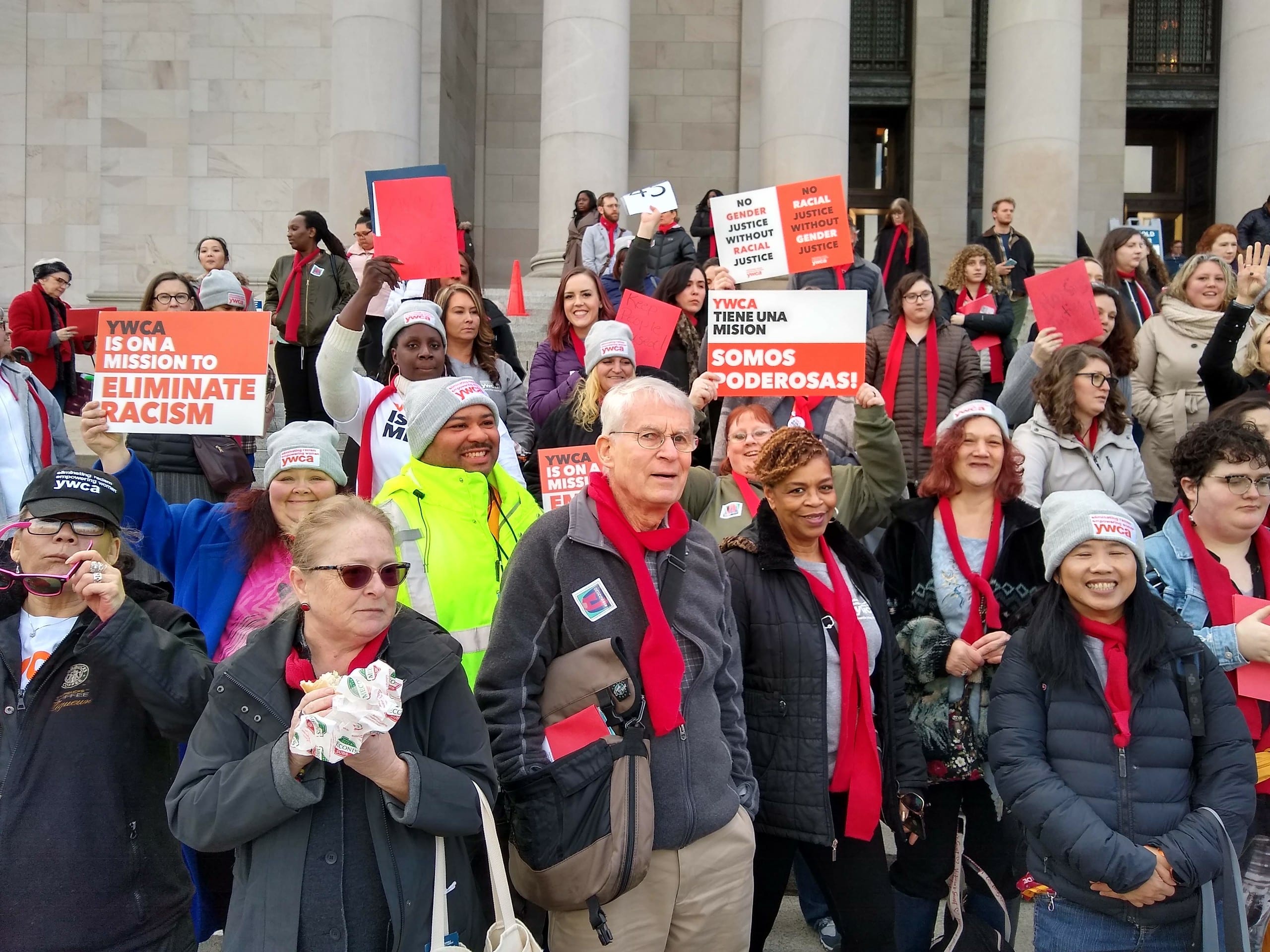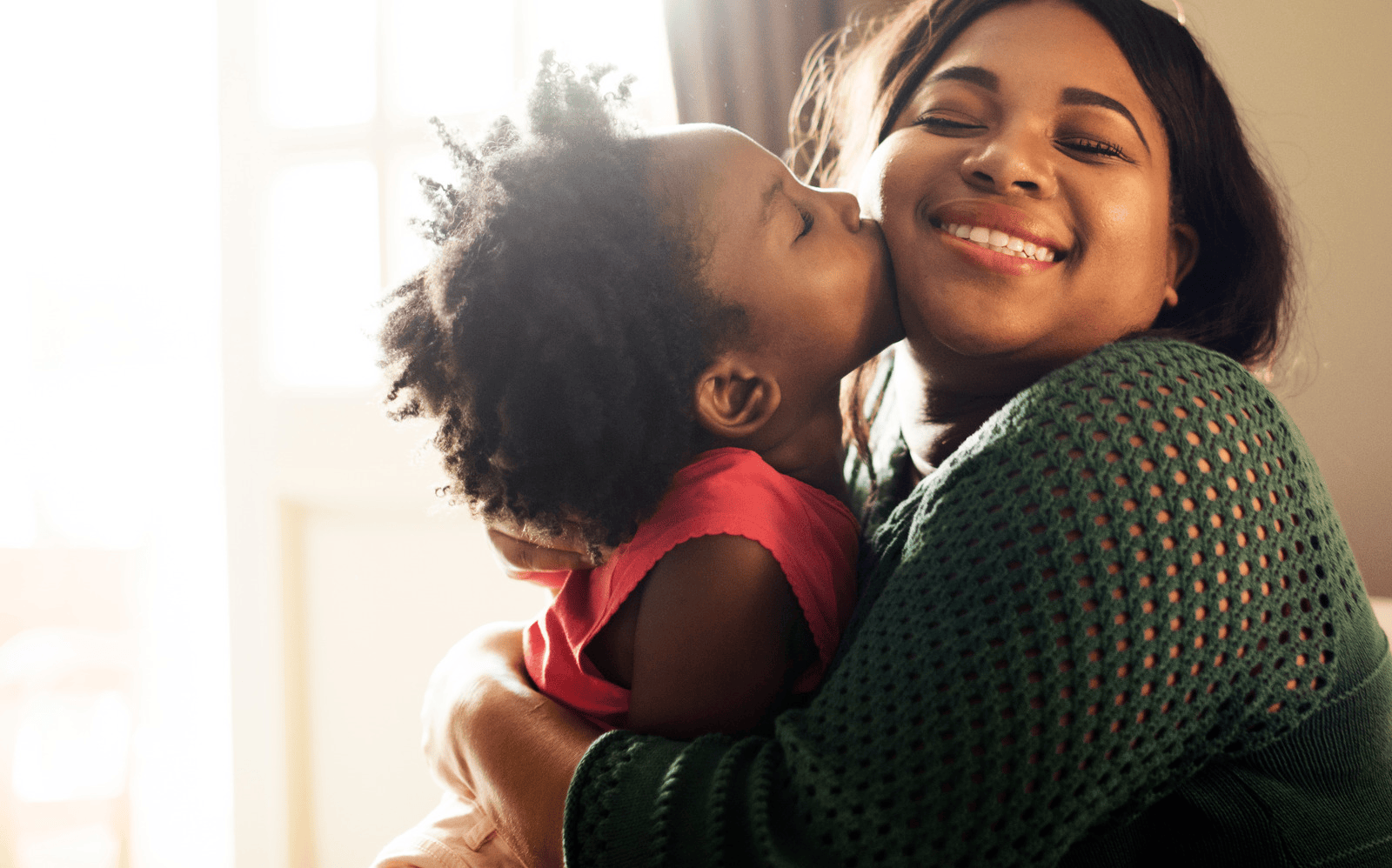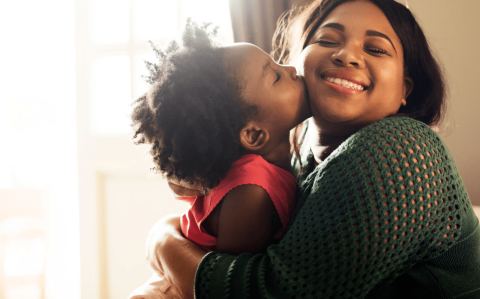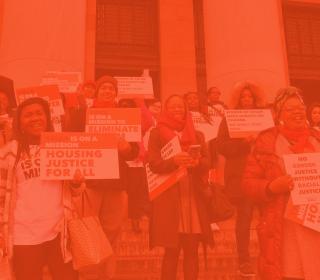New year, same promise. Now more than ever, YWCA is dedicated to advocating for systems and policies that are designed to support every person in our community with equitable access to the resources necessary for a safe and healthy life. This year we are primarily focused on balancing our upside-down tax code, increasing access and reducing barriers to affordable housing, strengthening economic security for women and families, and protecting BIPOC survivors of gender-based violence.
Earlier this month, Washington State Legislators returned to Olympia for the first in-person session since 2019. This session runs from January 9 to April 24, 2023. YWCA stands with our community and partner organizations in urging lawmakers to commit to making equitable, lasting change.
YWCA's legislative agenda is based on our mission and work for equity. Here are our leading policy priorities for 2023.

Balancing our tax code and protecting community
It’s no surprise that Washington is home to large inequalities of wealth across racial and gender groups. This, maintained by the most regressive tax system in the nation, keeps communities trapped in the cycle of poverty. While the state’s highest income households are paying 3% or less in taxes, low-income families are having to pay 6 times as much. Our system has depended on the dollars of low- and middle-income families to fund public programs for far too long.
As a nationwide effort to fully fund our communities, YWCA proposes relief to these families by applying a mere 1% tax on intangible, excessive wealth above $250 million in the state. The revenue from this could fund critical community services and programs we all need including housing, schools, affordable health care, and childcare. No matter what we look like, where we come from, or how much money we have, most of us pitch in for each other and hope to leave things better for those to come. Ultra-rich Washingtonians need to pitch in their share.
We are at a crucial time with the leftovers of the pandemic continuing to disproportionately affect the economic advancement of the majority of Washingtonians. We must push for change and imagine a future where our communities have what they need.
Removing barriers to affordable and stable housing
Every individual deserves housing regardless of their race, ethnicity, gender identity, or sexual orientation. Having access to affordable, stable housing is not a luxury but a basic human right. People everywhere should have equitable access to what they need in order to survive, especially in one of the richest nations in the world.
The cost of living in Washington continues to outpace earnings. Tenants are constantly left vulnerable and hit with significant rent increases with little to no flexibility. Without limits to rent increases, our communities' housing stability is severely jeopardized. Tenant protections are vital in creating stability and keeping communities housed, especially for Black women, who are more likely to experience eviction than any other group. The cost of needing to move and the time spent finding a new place for you and your family are only some of the burdens that tenants take on in face of a rent hike.
With no limits on how high landlords can increase rents, communities in Washington state continue to experience exorbitant rises. YWCA urges legislators to require landlords to provide at least a six months’ notice for significant rent increases. Tenants deserve dignity and time to choose what is best for their livelihood: whether it's finding a new place to live or preparing for increased financial burdens.
Strengthening economic security for women to build an economy for all
With decades of stagnant wages and rising inequalities, many Washingtonians are barely able to make ends meet. The COVID-19 pandemic particularly affected women-headed households, resulting in the majority of job losses and continuing wage disparities for Black, Latinx, and Native American women.
Every individual and family residing in Washington deserves economic security to go from surviving to thriving. There is a growing need for continuous financial assistance to allow communities to permanently stand above the poverty line, regardless of personal economic uncertainties. We here at YWCA urge the state to follow the success of a multitude of programs across the nation to provide an imperative policy solution: creating an Evergreen Basic Income Pilot and provide Guaranteed Basic Income (GBI).
This 2-year pilot program would provide regular, unrestricted, and unconditional cash payments to relieve economic and overall hardship. GBI pilots across the nation have continually proven the effectiveness of a permanent earnings floor, giving families quality time and room to breathe, as well as promoting freedom and dignity. Unlike Universal Basic Income (UBI), GBI ends the cycle of poverty by giving communities 200% below the federal poverty line a chance to breathe.
The value of GBI programs is not only the impact of financial support, but also the recognition that you are the closest to your problems. This proposal is not unheard of: numerous programs have proven the effectiveness of guaranteed basic income. Two successful programs are the Stockton Economic Empowerment Demonstration, and the Growing Resilience in Tacoma (GRIT) program, underway in our very own Washington state.
It's time we bring the power of self-determination and increase the quality of life in Washington communities.
Prevent gender-based violence and support survivors
Our final focus area for 2023 is a budget ask in supporting survivors of gender-based violence and protecting the safety of women and BIPOC communities. Programs supporting survivors of crime have relied on decades of unstable federal funding through the Victims of Crime Act (VOCA). With an escalating need and underfunded statewide programs, survivors of crime including domestic violence, sexual assault, and child abuse are resorting to wait lists for services.
Many vulnerable individuals and families are unable to get the help they need, with domestic violence programs unable to meet over 600 requests for help and sexual assault programs in King County facing an increasing need by 19%. As the first, second, and third ask of our community partner, the Washington State Coalition Against Domestic Violence (WSCADV), this year YWCA supports an investment of $132 million to protect the safety of women and BIPOC communities furthest from equity (refer to services/by increasing the services). Now, more than ever, survivors in Washington need your help to strengthen services and keep doors open.
JOIN THE CONVERSATION
Sign-up today for Housing and Homelessness Advocacy Days, a 3-day opportunity to meet with lawmakers, attend workshops, and advocate with other housing advocates! Join us from Feb 6-8 to advocate for housing stability and build collective action.
View our Legislative Agenda for 2023 and follow us on our social media Instagram, Facebook, Twitter, LinkedIn.

Mariam Ahmed is the Public Policy and Advocacy Coordinator at YWCA. She works on state & local advocacy to advance YWCA's legislative priorities while engaging with community. A California native and community organizer at heart, Mariam focuses on the intersections of poverty and creating meaningful change.
We tell the stories of those with lived experiences of racism and sexism and invite supporters to take concrete actions to correct the root causes of disparity in our communities.


